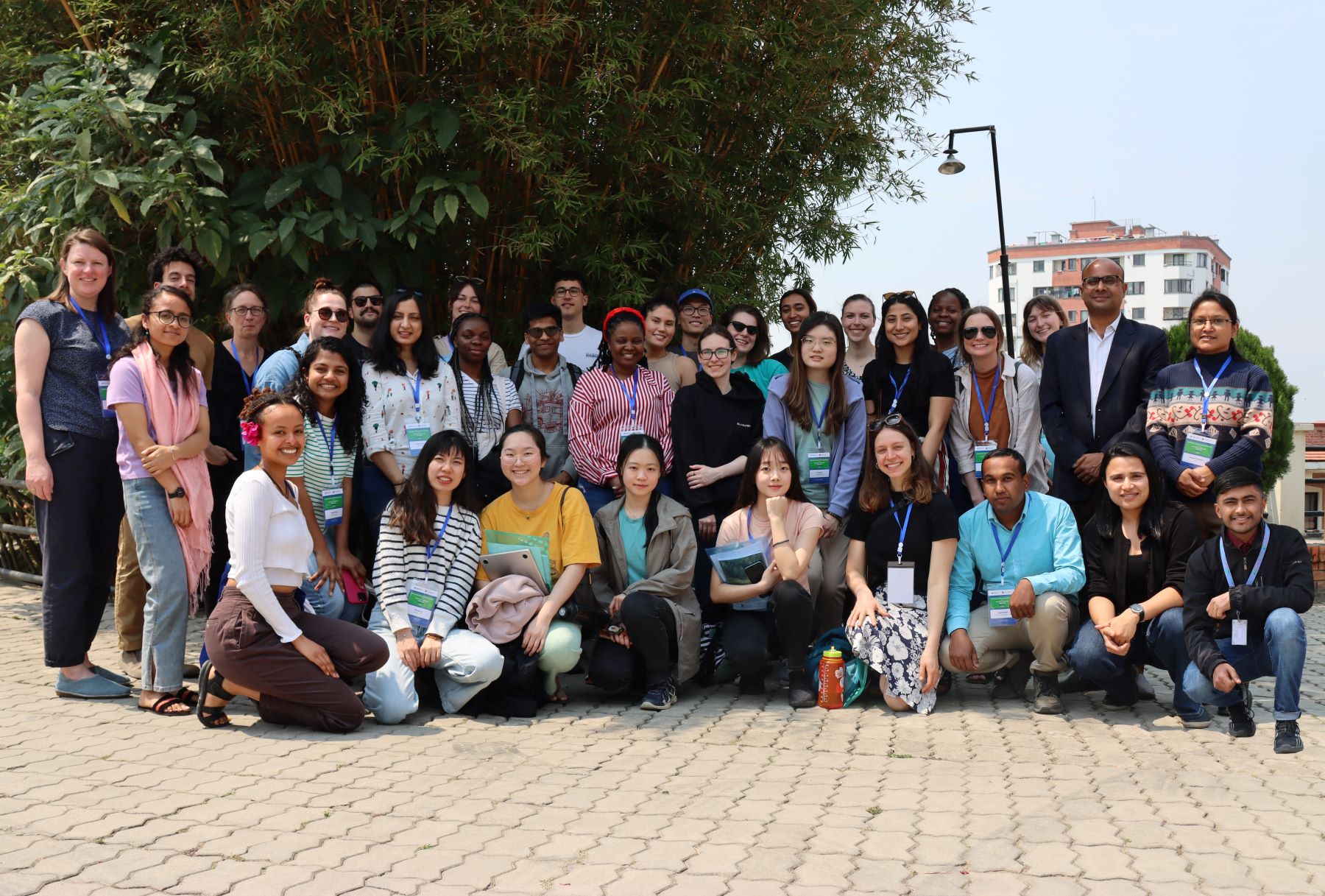Project Name: SIAS-UoE Summer School, 2024
Project Team: Gyanu Maskey, Salu Basnet, Sushant Acharya and Sanjaya Khatri
Partners and Collaborators: Southasia Institute of Advanced Studies (SIAS) and University of Edinburgh (UoE)
Duration: April 9-21, 2024
Brief Description of the project:
Southasia Institute of Advanced Studies (SIAS) Nepal and the University of Edinburgh (UoE) Scotland (UK) initiated a collaborative partnership by signing a Memorandum of Understanding (MoU) in 2019 to enhance joint academic learning exchange and research. As a part of this collaboration, SIAS has been organizing a two-week field course in Nepal for UoE Master’s students since 2019. This summer school has evolved as a co-learning platform for both the master’s students from UoE and SIAS researchers. This year, the fourth cohort of the summer school commenced on April 8th and concluded on April 21st. Nineteen master’s students, one doctoral student, and three faculty members from the Environment and Development Program at UoE, participated in this summer school. The two-week summer school is a crucial component of the Master’s program, offering students the opportunity to understand environment and development challenges in Nepal, and importantly to learn directly from professionals and community members about their strategies to address these issues.
During the course, students attended presentations from a diverse group of experts, including research professionals, conservation practitioners, and government officials. These presentations addressed a wide range of topics, such as disaster and risk governance, increasing wildlife issues and associated impact on the rural economy, sustainable water governance, climate change and its milestones in Nepal, community forestry, protected area management, gender and inclusion in natural resource management, and Payment for Ecosystem Services (PES) mechanisms in Nepal. Each presentation was followed by interactive question-and-answer sessions involving students, UoE faculty members, and session presenters. In addition to these sessions, the students participated in field visits and observations in Kathmandu and Pokhara. They visited The Living Mountain Lab at ICIMOD, agriculture demonstration plots at Lumle Agriculture Research Center, and the Museum of Biodiversity Resources Conservation Movement. They also visited the Institute of Forestry (IoF) College in Pokhara, where they interacted with students and faculty, facilitating an exchange of teaching and learning experiences. Furthermore, the students travelled to Ghandruk to get firsthand experience of rural living conditions in Nepal.
Similarly, the students engaged in community interaction to discuss issues of human-wildlife conflict, water management challenges in the upstream-downstream communities, and the interrelation between tourism, urbanization, and the environment in Begnas. These issues were directly linked to the ongoing research at SIAS, and the students had previously received theoretical background to these topics from senior researchers at SIAS. During these interactions, students collected data from community members, analyzed it, and presented their findings to researchers from SIAS and UoE faculty. Their presentations reflected on the process, methodology, positionality, and findings of their research work.
Overall, the summer school provided a unique opportunity for master’s students to gain practical knowledge and insights into environment and development issues in the Global South.



